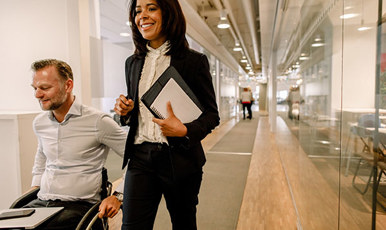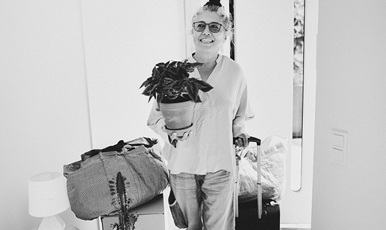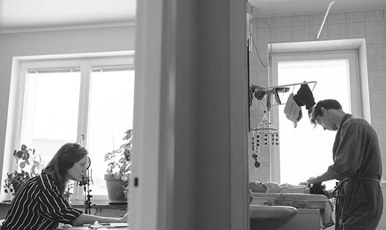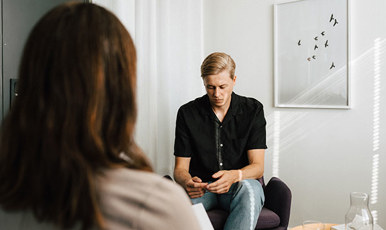
1. Equal division of power and influence
The higher up in the hierarchy, the more men dominate in most sectors of society. In business and higher education, there are few women in top positions. However, some progress in increased gender equality has been made within politics and state administration in the last 25 years in Sweden.








